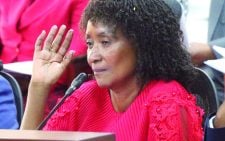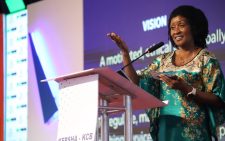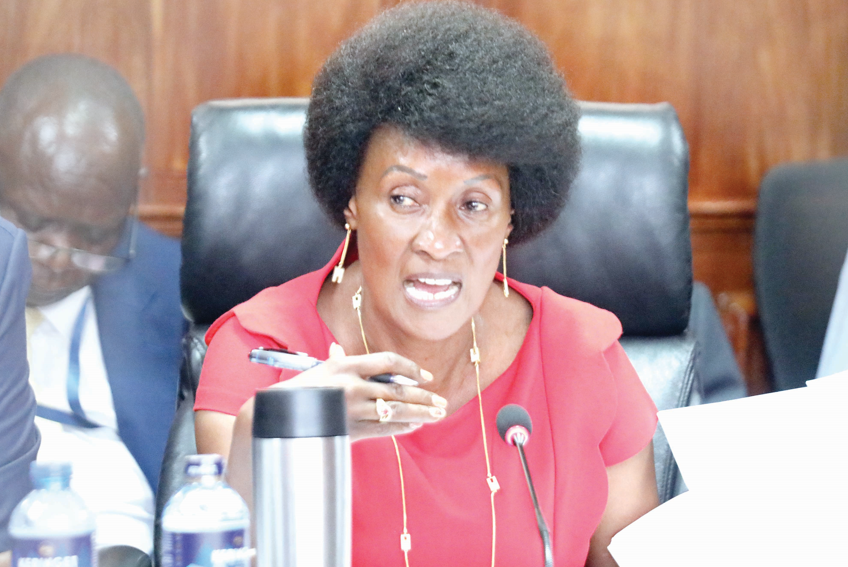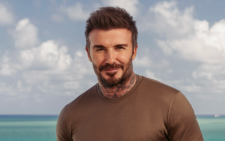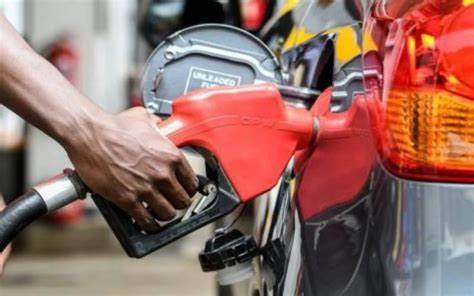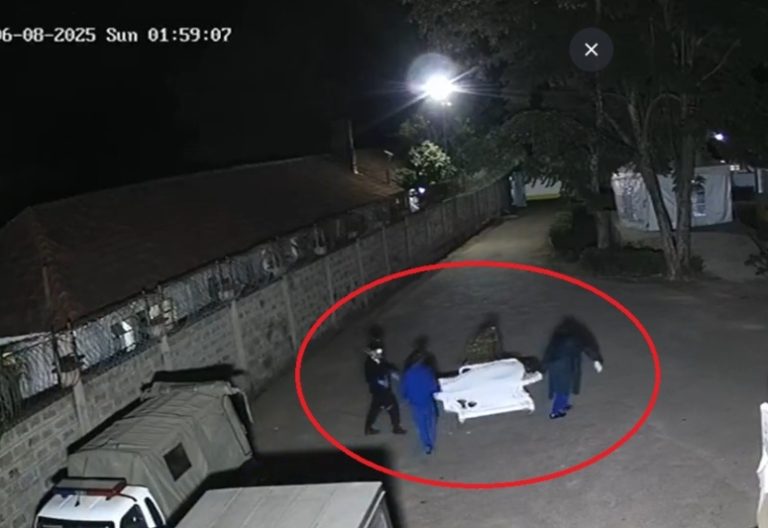Half of teachers skip Coronavirus jab, raise anxiety
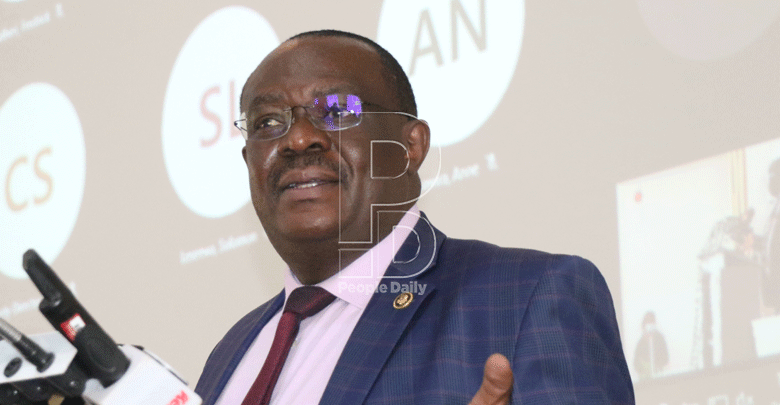
Irene Githinji @gitshee
Nearly half of the country’s 330,000 teachers have not been vaccinated against Covid-19, casting a dark cloud on the safety of children as schools reopened for a new term yesterday.
Despite having been considered critical frontline workers, 44.4 per cent of teachers have not received the jab.
Only 27.1 per cent of teachers were fully vaccinated as at yesterday, which the Ministry of Health said is a huge gap because all tutors should be fully vaccinated given the nature of their work.
The Covid-19 Vaccine Deployment Taskforce chairman Dr. Willis Akhwale called upon teachers to take the vaccine, especially because of the nature of their work.
He said vaccination among teachers needs to be accelerated given that the number of teachers targeted in the first phase between March and June was 330,000 but those who received were only 158,720 while the number of those that have received the second dose stands at 89,611.
Out of teachers who received the first dose, Akhwale said, those who have taken the second dose stand at 56 per cent but insisted that every teacher who got the first dose should get the second.
The first dose gives partial protection of about 60-70 per cent protection but the second dose gives full protection.
“As schools reopen, I know physical distancing will be a challenge but we insist on use of masks, hygiene, use of soap and water, do not go spitting all over the place.
These simple measures I can assure you will be very effective,” said Akhwale during the launch of a report on teacher preparedness for Term One reopening.
Teachers Service Commission (TSC) Secretary Nancy Macharia pleaded with teachers to take the vaccination seriously.
“We have lost 73 teachers to the virus since it was first reported in the country and thanks to our full medical insurance cover, 454 teachers have fully recovered from the virus.
Let us take the ongoing immunisation exercise seriously as Covid-19 is not sparing anyone,” Macharia said.
With a positivity rate of Covid-19 at 13.5 per cent in the last 24 hours, the number of fully vaccinated adults in the country is only 2.3 per cent.
Fully vaccinated
Macharia urged teachers to fully comply with the Covid-19 measures as part of preparedness to dispense their duties effectively while protecting children.
“We are aware that with the return of all 15 million learners to the classroom, resources will be more constrained.
Yet, as teachers, we must adopt more innovative measures to ensure learners get quality education,” said Macharia.
She urged teachers to wear masks at all times and wash hands regularly with soap and running water, saying schools should not drop the guard on adhering with Ministry of Health protocols.
An advisory from the World Health Organisation (WHO) last month indicated that non-vaccinated people posed more dangers to infecting or spreading the Covid-19 virus than those who have received the jab.
And in the US, an analysis of government data from May showed that “breakthrough” infections in fully vaccinated people accounted for fewer than 1,200 of more than 107,000 Covid-19 hospitalisations. That’s about 1.1 per cent.
And only about 150 of the more than 18,000 Covid-19 deaths in May were in fully vaccinated people. That translates to about 0.8 per cent, or five deaths per day on average.
Nearly all Covid-19 deaths in the US now are in people who have not been vaccinated, a staggering demonstration of how effective the shots have been and an indication that deaths per day — now down to under 300 — could be practically zero if everyone eligible got the vaccine.
Governments worldwide are also pushing to have certain cadre of people get vaccinated.
The mandatory vaccination exercise among healthcare workers has seen flare-ups in France and Italy.
Kenya is experiencing a surge in Covid-19 infections particularly in Nairobi and Western Kenya region where the government has imposed more stringent measures to contain the situation.
Ministry of Health daily statistics released yesterday indicate that 550 people tested positive for the disease from a sample size of 4,087 tested in the last 24 hours.
During the same period, seven patients died of the disease.
“A total of 1,324 patients are currently admitted in various health facilities countrywide, while 3,688 are under the Home-Based Isolation and Care programme.
172 patients are in the Intensive Care Unit (ICU), 37 of whom are on ventilatory support and 84 on supplemental oxygen. 51 patients are under observation,” the ministry said.
With regards to vaccination as of July 25, a total of 1,673,272 vaccines had been administered across the country.
Health insurer
Of these, total first doses are 1,047,592 while second doses are 625,680.
“The uptake of the second dose among those who received their first dose is at 59.7 per cent with the majority being males at 55 per cent while females are at 45 per cent,” the ministry added.
Macharia said TSC had asked the medical health insurer, Minet, to ensure all facilities that attend to teachers and their dependents are able to provide fast and quality services.
Akhwale said Kenya will, from next week, get a million doses of AstraZeneca vaccine and another 1.8 million doses of Pfizer vaccine from US government.
He added, there will be delivery of 13 million doses of the Johnson and Johnson vaccine to be bought by the government in about three weeks.
He reiterated that phase two and three of vaccination exercise have been merged to run up to December with expectations that at least 10 million people will have been vaccinated by then and all adult Kenyans estimated at 26 million by mid next year.
“It is doable that we can vaccinate 10 million Kenyans by end of this year but our strategies will change.
It will not be about where the vaccines are but people making independent decision to get vaccinated,” he said.
Since all the three vaccines – AstraZeneca, Pfizer and Johnson and Johnson – will soon be available in the country, Akhwale said the government will come up with strategies that include identifying facilities for each vaccine and allowing people to pick their choice. “All vaccines are safe and will protect you,” he assured.
